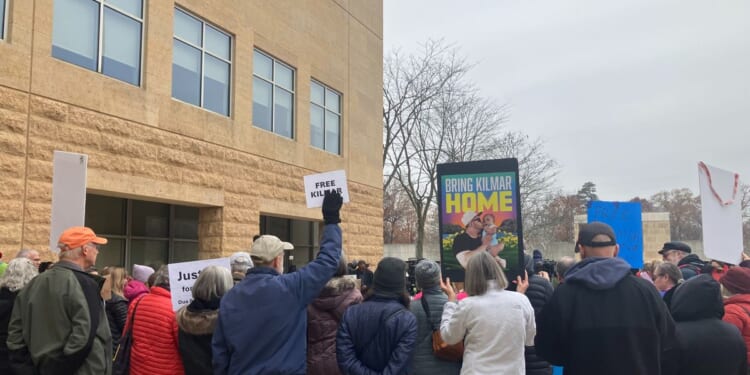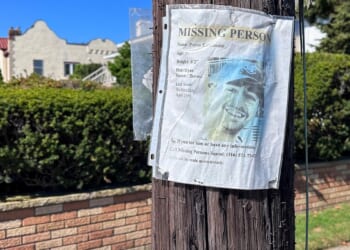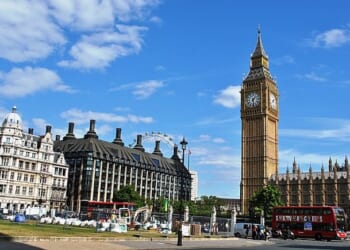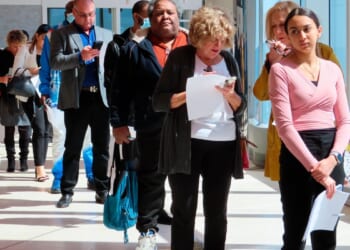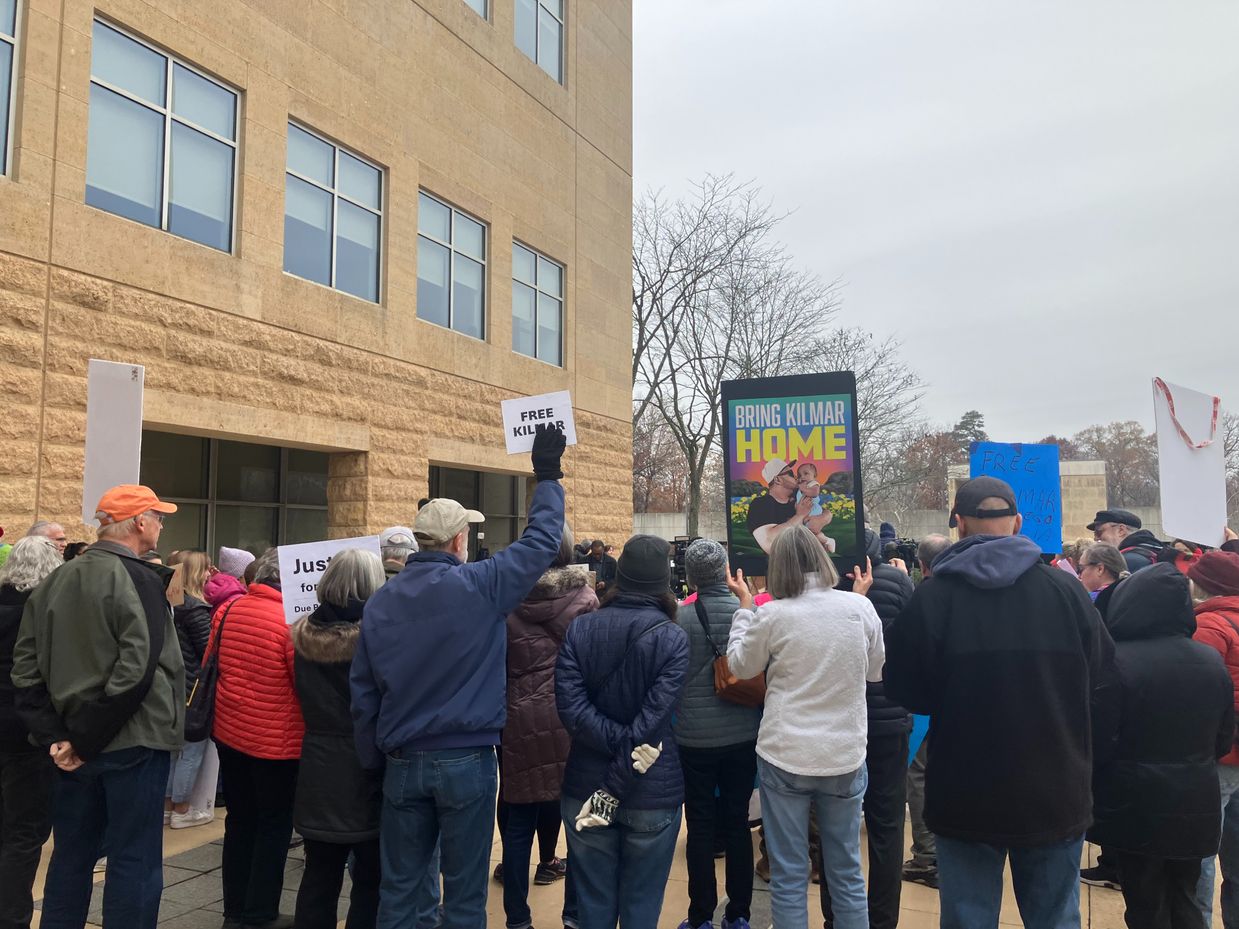
The Trump administration said Thursday it has concluded that only Liberia is an immediate option for deporting Kilmar Abrego Garcia, rejecting the migrant’s claim that Costa Rica is ready to take him.
John Cantu, acting assistant director of the deportation division at U.S. Immigration and Customs Enforcement, told a federal judge that Liberia has given the State Department assurances it will not torture or persecute Mr. Abrego Garcia.
The West African nation also said it won’t send him back to El Salvador, his home country, where the U.S. is barred from deporting him under a 2019 immigration judge’s order.
Mr. Cantu said the U.S. believes those assurances to be “credible” and that Costa Rica is “not an option at the moment.”
But U.S. District Judge Paula Xinis, who is overseeing the deportation case, said she’s not sure of the government’s claims about Costa Rica.
“Well, I don’t have any factual basis for that, because the government elected not to give me any,” she said.
Mr. Abrego Garcia is the highest-profile unauthorized immigrant in the U.S. He has drawn headlines for his March deportation to El Salvador in defiance of the 2019 order, the Supreme Court’s pressure on the Trump administration to bring him back, and his subsequent return to face a separate indictment on migrant smuggling charges.
The administration is still pursuing that criminal case as it aims to boot Mr. Abrego Garcia.
He was released from pretrial detention by the judge in his criminal case, only to be quickly taken into immigration detention on the deportation matter.
Judge Xinis, who has said Mr. Abrego Garcia’s March immigration arrest was unlawful, is pondering whether to order his release. She has a standing order blocking his deportation.
On Thursday, she questioned under what power the government is trying to deport him in the first place.
“There is no ‘order of removal’ in the docket, in the record,” she said.
But she noted that even if she orders his release, the government could quickly restart deportation proceedings.
Justice Department lawyer Drew Ensign argued that the 2019 ruling barring deportation to El Salvador functioned legally as a removal order.
Requiring a separate order is “requiring more formality than the law requires,” he added.
“This is, by operation of law, a final order of removal,” Mr. Ensign told Judge Xinis.
Judge Xinis called the order’s omission from 2019 court filings a mistake on the part of the original immigration judge — and said that matters for sorting out the constitutionality of the detention.
Andrew Rossman, Mr. Abrego Garcia’s attorney, argued that the government violated his client’s due process rights by making him a “poster child” for its punitive immigration policies.
“The history shows that there was bad faith,” Mr. Rossman said. “The history shows that there was malice on the government’s part.”
He asked Judge Xinis to rule that his client be released back to his family in Maryland while awaiting his criminal trial, provided the government doesn’t produce a valid removal order.
Mr. Abrego Garcia had signaled his willingness to accept deportation to Costa Rica, which he said was willing to take him. The Trump administration countered with various African nations, finally settling on Liberia, which agreed to accept him.
Mr. Cantu said the State Department alone selects and negotiates third-country removals, which occur after an immigration judge determines that a migrant cannot return to his home country.
He said the government is prepared to fly Mr. Abrego Garcia directly to Liberia on a commercial airline or an ICE charter flight.
“We work with the Department of State to identify those countries,” Mr. Cantu added.
Mr. Abrego Garcia’s lawyers wondered about the history of deporting Hispanic migrants to African nations.
Mr. Cantu said it has happened in Mr. Trump’s second term.
Mr. Ensign, the government’s attorney, said there is nothing to stop Mr. Abrego Garcia from applying to enter Costa Rica after he gets to Liberia.
• Stephen Dinan contributed to this story.

